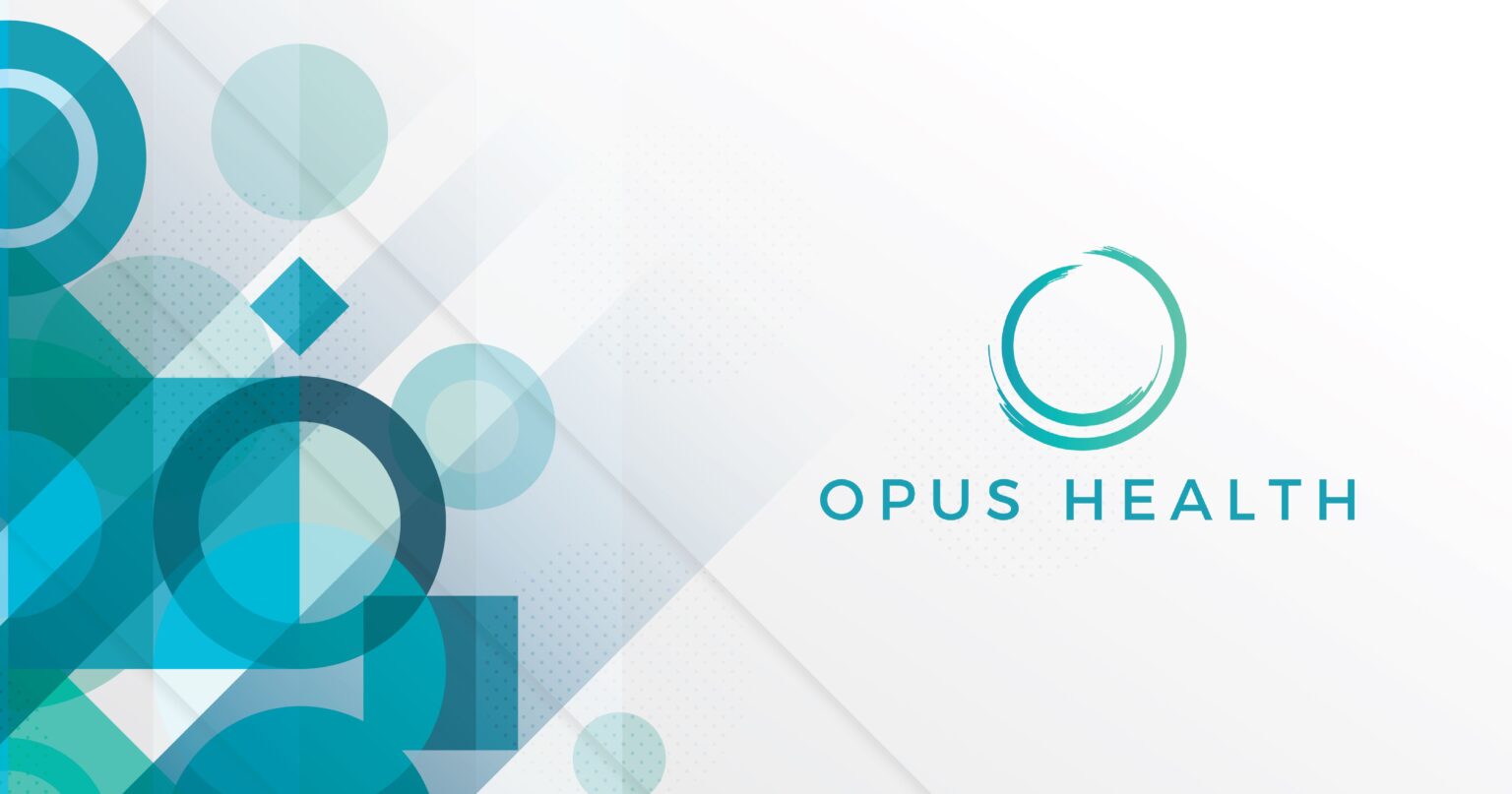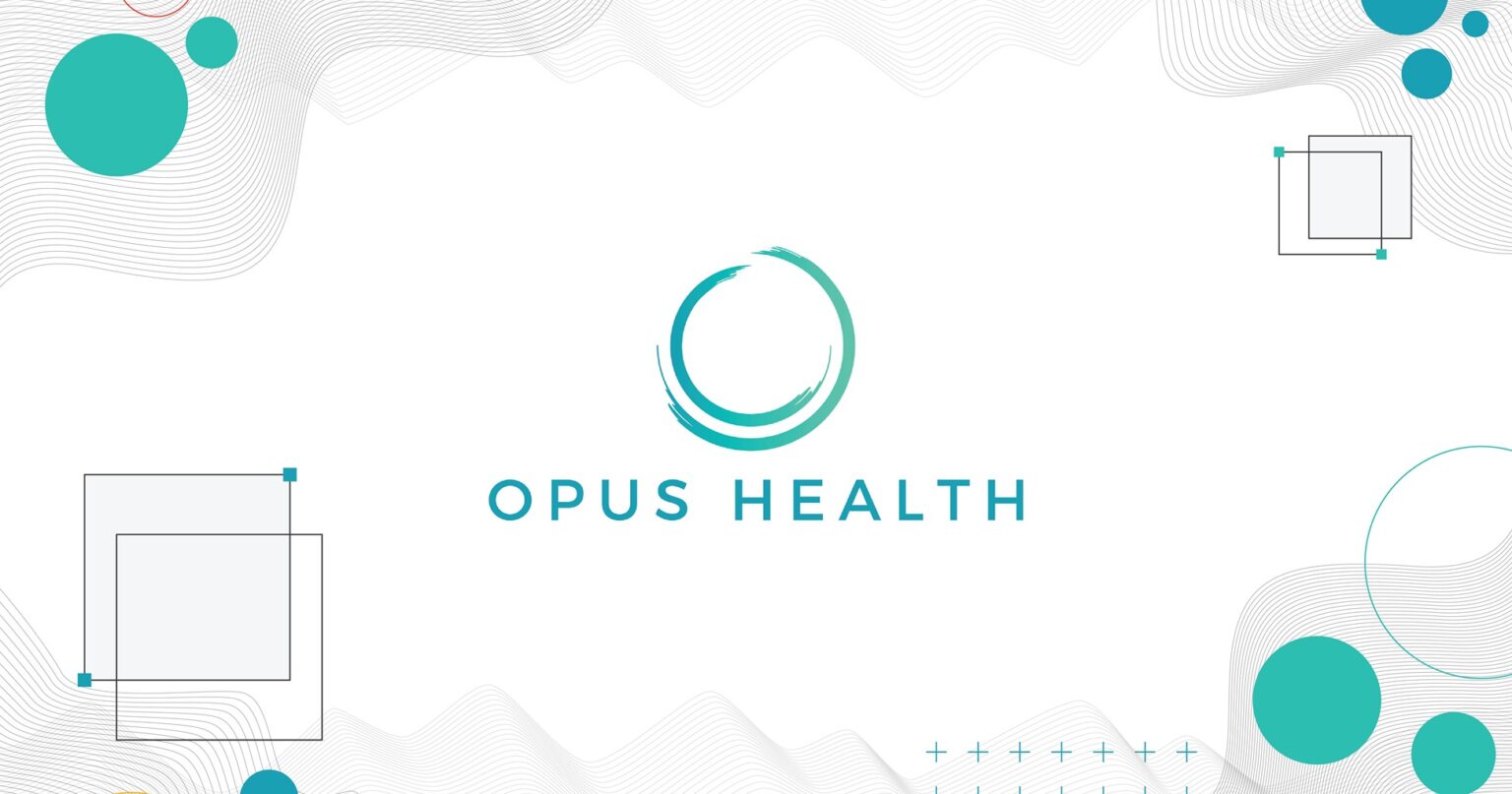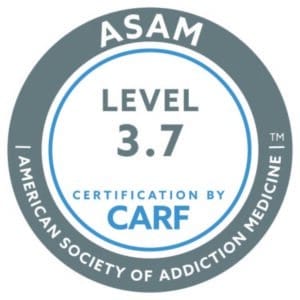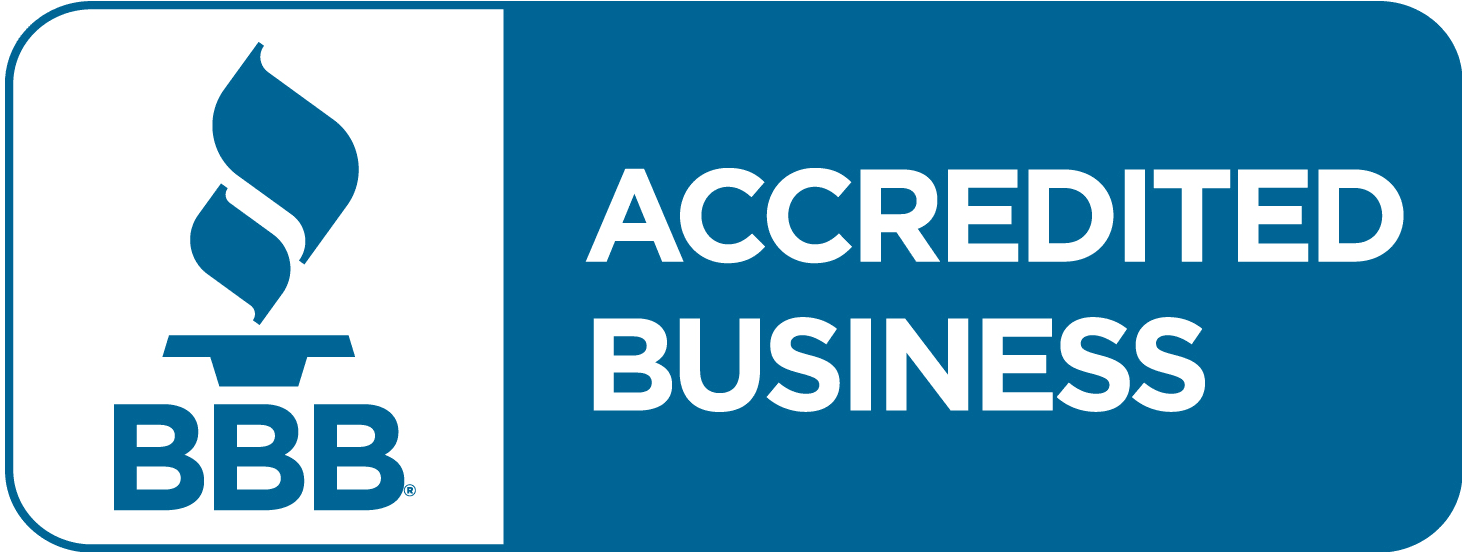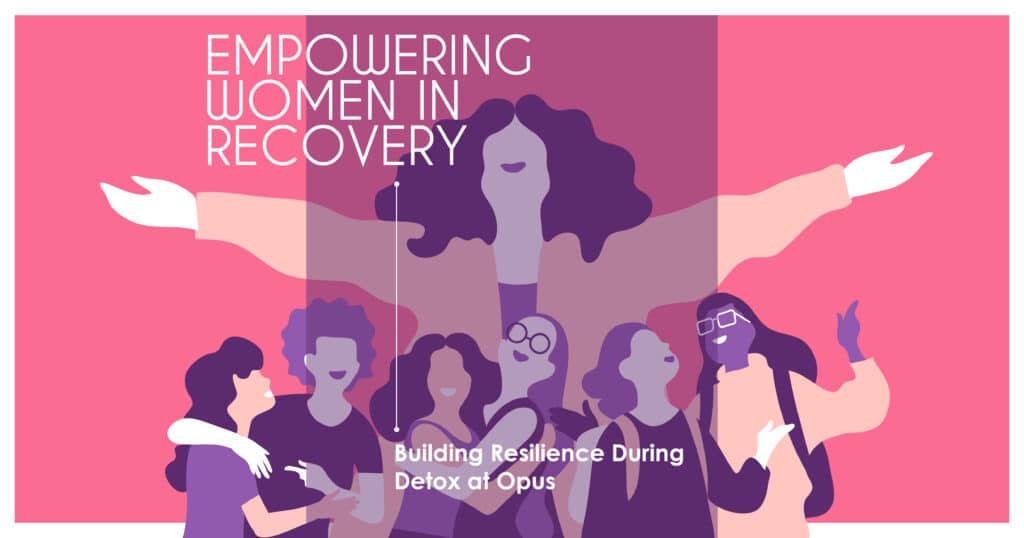
Empowering women in recovery is a crucial aspect of building a society where everyone can thrive. Addiction, whether it be to drugs, alcohol, or other substances, can have a destructive impact on anyone’s life. However, the challenges faced by women in recovery are often unique, necessitating specialized programs and support systems designed to address their specific needs.
As women embark on their recovery journey, it is essential to provide them with the tools, resources, and empowerment necessary to rebuild their lives. Through a holistic approach that encompasses physical, emotional, and mental well-being, women can reclaim their autonomy, develop resilience, and become beacons of inspiration for others.
Breaking the Chains: Overcoming Stigma and Ostracization
Addiction carries a heavy burden of stigma, and women in recovery often face additional challenges due to societal expectations and stereotypes. Empowering women in recovery involves breaking the chains of judgment, fostering empathy, and providing a safe space for healing.
Building a Supportive Community
Recovery is never a solitary journey. Empowering women in recovery requires creating a supportive community that understands and appreciates their unique struggles. By forming networks of understanding and compassion, women in recovery find the strength to face their challenges head-on.
- Support groups: Establishing support groups specifically for women in recovery helps create a space for shared experiences, validation, and support on their path towards a healthier life.
- Peer mentorship: Pairing women in recovery with mentors who have successfully overcome addiction can provide invaluable guidance, accountability, and inspiration.
- Professional counseling: Collaboration between therapists, counselors, and women in recovery can equip them with the necessary coping skills, resilience, and tools for relapse prevention.
Reclaiming Self-Worth: Shattering the Glass Ceiling of Shame
Shame is a powerful obstacle in the recovery process, intensifying feelings of worthlessness and hindering progress. Empowering women in recovery involves helping them shatter the glass ceiling of shame and rebuilding their self-worth.
Fostering Resilience: Embracing Strength in Vulnerability
Recovery is a journey intertwined with vulnerability and strength, and empowering women in recovery means acknowledging and celebrating their resilience.
Holistic Healing: Mind, Body, and Spirit
Recovery is not solely about abstaining from substances but also about finding inner peace and balance. Empowering women in recovery involves nurturing their overall well-being through a holistic approach.
- Physical well-being: Encouraging exercise, balanced nutrition, and healthy habits can promote physical recovery while instilling self-care practices.
- Emotional well-being: Providing therapy and counseling services that address emotional trauma and promote emotional healing is fundamental to empowering women in recovery.
- Spiritual well-being: Exploring spirituality and incorporating mindfulness and meditation practices can foster a deeper sense of purpose and connection.
Empowering women in recovery through education and employment
Sustaining recovery is closely tied to having access to opportunities for personal and professional growth. Empowering women in recovery involves breaking barriers and providing education and employment opportunities.
FAQs
How does empowering women in recovery benefit society as a whole?
Empowering women in recovery not only helps individuals rebuild their lives but also contributes to the overall well-being of communities. When women find lasting recovery, they become positive role models, inspiring others and reducing the cycle of addiction.
How can I support a woman in recovery?
Support can come in various forms, such as offering a listening ear, participating in support groups, or exploring volunteer opportunities at local recovery centers. By being empathetic and understanding, you can make a significant difference in someone’s journey.
“Opus was the best treatment facility that I have ever been to, this was my fourth time in treatment for drugs and alcohol. The staff was amazing from the start with Ryan to finish with Bam. The Nursing staff has very helpful, and compassionate. Chef Francis was so accommodating by taking requests on lunch and dinners and even buying our favorite snacks. The tech’s would take us to the movies, theme parks, bowling, bike rides, park to play basketball, the gym and the beach. We had facilitators that did personal fitness training, sounds baths, breath works, meditation. We went to so many meetings, almost one each day which was great to really see what was available to us no matter what kind of personality you may have. Wednesday was my favorite day of the week since we played in a softball game. The houses have pools and hot tubs which became part of my daily routine. The therapists they have are extremely helpful and allowed me to process things in my past that I had suppressed for years. I made so many friends at Opus but more importantly built a foundation that will aid me in my sobriety.” – David
The Journey Towards Lasting Empowerment
Empowering women in recovery requires a multifaceted approach that addresses societal challenges, fosters resilience, shatters shame, nurtures holistic healing, and provides educational and employment opportunities. By embracing this transformative journey, women not only rebuild their lives but also inspire others to embark on their own paths toward empowerment and lasting recovery.
At Opus Health, we help adults overcome addiction through evidence-based, medically supervised treatment in Orange County, California. See how we align caring professionalism with a holistic recovery approach. Learn more about us.

